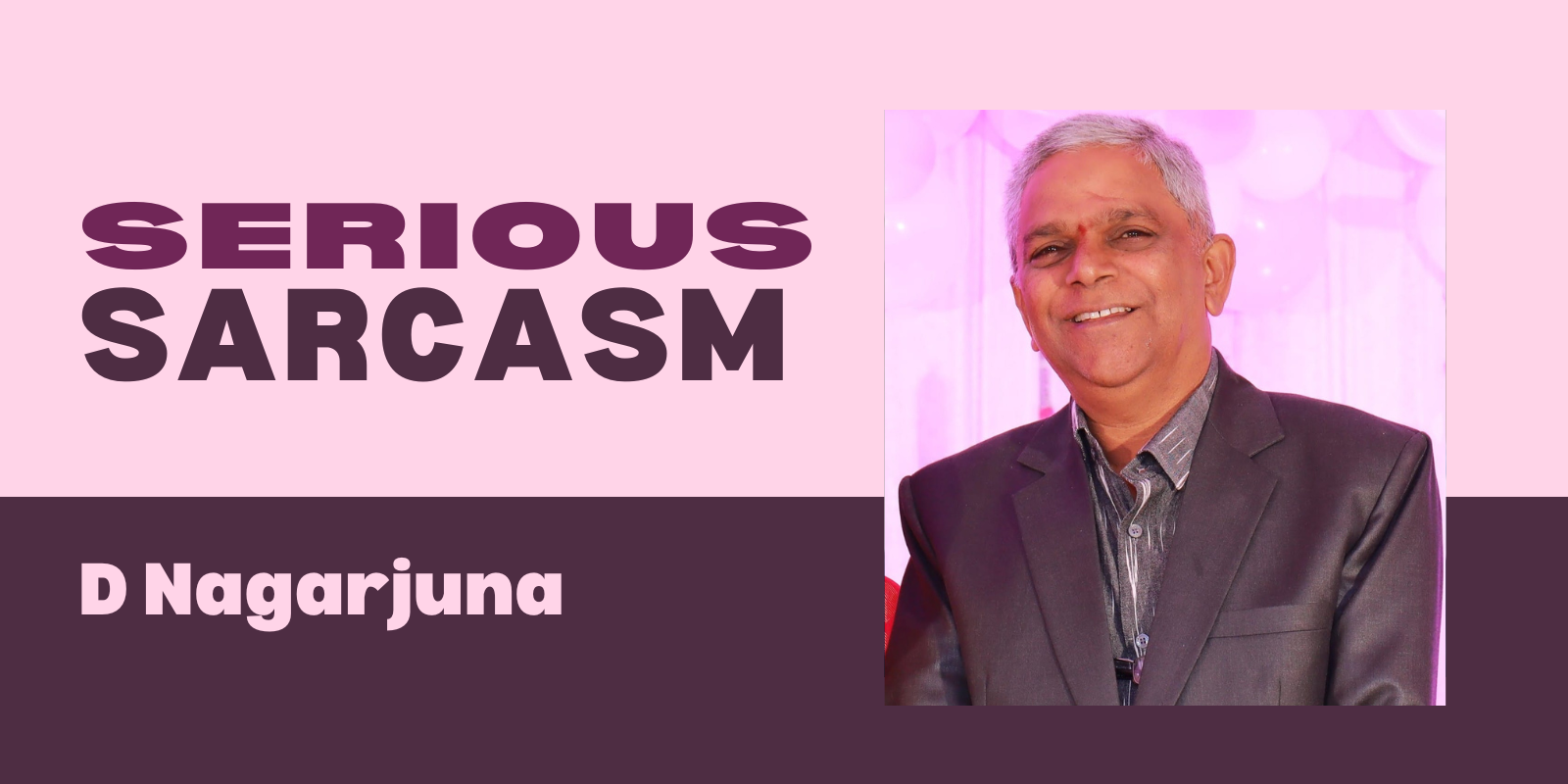In Telugu, there’s a telling proverb: “Ati vinayam, dhoorta lakshanam”—too much humility or subservience is often the hallmark of the cunning. Jagdeep Dhankhar, former Vice President of India, might just be the modern political embodiment of that phrase. The way he grovelled at times, bending backward in displays of loyalty that would make even a seasoned sycophant blush, raised early suspicions. Some smelled the rat long before it bolted.
For all his legal acumen, political experience, and supposed assertiveness—qualities one would expect of a man who once proudly bore the Jat badge of bluntness—Dhankhar seemed to melt into a caricature of submission. The transformation was so swift and complete that it left many wondering whether this was just camouflage for a bigger, more self-serving political design.
Journalist Rajdeep Sardesai, never one to pass up editorialising under the guise of reporting, was quick to claim that Dhankhar overstepped the Lakshman Rekha drawn by the Modi-Shah combine. But let’s be honest: is Sardesai unaware that no party tolerates freelancing at the top? Hierarchy and obedience are sacrosanct across party lines. Whether Congress or BJP, the golden rule is clear—thou shalt not overshadow the high command.
That said, there’s no smoke without fire. Dhankhar’s recent behaviour suggests a man caught in an identity crisis: the blunt, straight-talking Jat clashing with the sycophantic mould required to survive high-stakes Delhi politics. This internal friction may have ultimately pushed him into the bizarre theatre of a health-cited resignation. Whether it was a genuine ailment or a political illness that forced his hand, only time will tell.

Interestingly, just moments before his resignation, BJP President J.P. Nadda declared in the Rajya Sabha that “only what I say will go on record,” dismissing the opposition’s comments. Ironically, that’s a statement Dhankhar, as Chairman of the House, was constitutionally empowered—and expected—to make. That he remained silent while a party functionary assumed his role may have been the final straw. A public undermining, even for a loyalist, can sting.
But don’t mistake silence for surrender. A cornered cat, even one previously meek, often pounces when least expected. So, the question is: has Dhankhar quietly exited the stage, or is he waiting in the wings for a dramatic re-entry? By citing health reasons, was he tactfully shown the door before he could bare his claws?
Some now wonder whether Dhankhar will morph into a Malik-like figure—remember the surprise transformation of Satya Pal Malik, the loyalist-turned-rebel? Or will Dhankhar emulate his predecessor Venkaiah Naidu, who bowed out gracefully, giving full dignity to the constitutional post and steering clear of post-retirement politics?
Meanwhile, the BJP finds itself on shakier moral ground. Eleven years without a Deputy Speaker in the Lok Sabha—an unprecedented neglect. A visibly rigid approach to parliamentary proceedings. Ironically, when in the opposition, BJP had more grace and flexibility than the current INDIA bloc can muster. The “saviour of democracy” script that the opposition parrots isn’t convincing either. Their disruptions, far from salvaging democracy, only weaken it further.
For the average citizen, the resignation of a Vice President might not matter much. Few will care who replaces Dhankhar. But what they will notice is when institutional processes deviate from the expected path. However, justified, Dhankhar’s resignation feels unconventional. People may not articulate it, but instinctively, they sense something amiss.
Let’s just hope the next Vice President avoids falling into the same Telugu proverb trap. Dignity in public office is not just about appearances. It’s about maintaining balance, asserting authority when needed, and knowing when loyalty becomes self-debasement.




